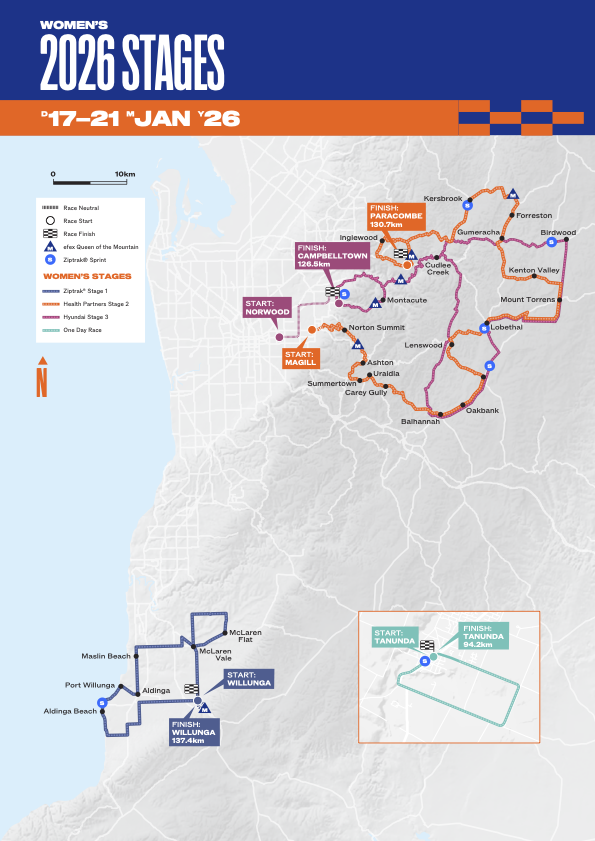Nibali's Tour de France not just a race against Froome
Italian calls for clarification of MPCC rules following Pellizotti case
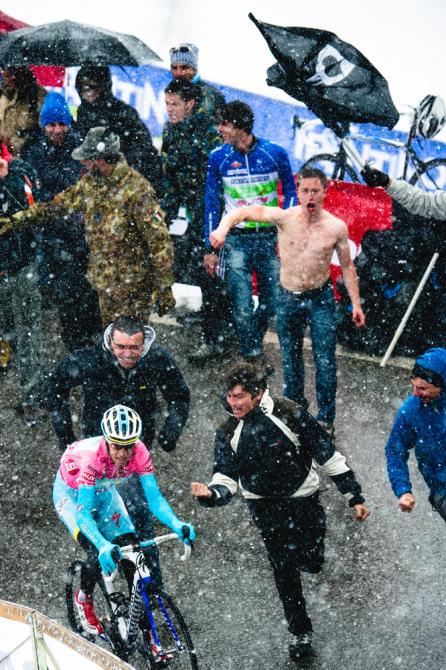
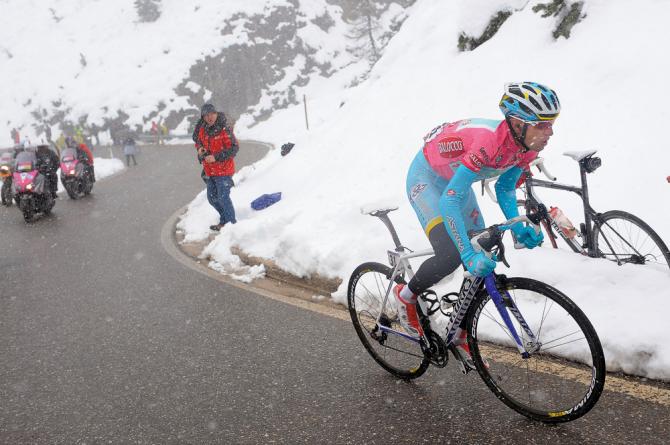
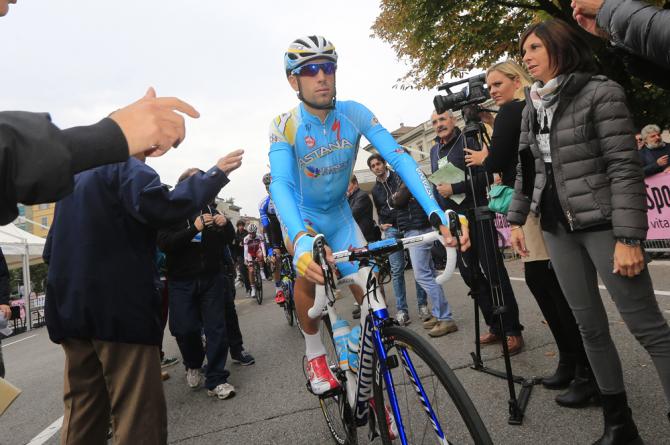
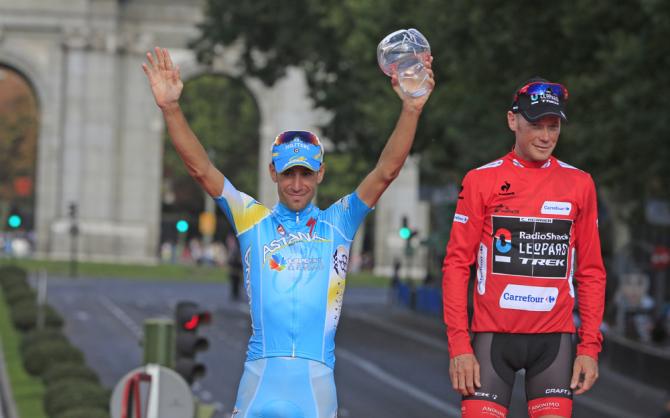
Another year, another grand tour, another rival from Team Sky. After patiently fielding questions about tackling Bradley Wiggins at the Giro d'Italia through the early months of 2013, Vincenzo Nibali (Astana) turns his sights to the Tour de France in 2014 with a certain sense of déjà vu. A thousand inquiries on how to solve a problem like Chris Froome await between now and next July.
“It’s a long way off, but I’ve never thought about it in terms of Nibali versus Froome, or Astana versus Sky,” Nibali told Cyclingnews at Astana’s training camp in Calpe. “Besides, there are plenty of other riders who have to be taken into consideration, like Alberto Contador, Joaquim Rodriguez or Alejandro Valverde. There are some important riders out there.”
Nibali unseated Froome from the leader's jersey at Tirreno-Adriatico in March by turning the general classification on its head with an aggressive showing on the sinuous stage to Porto Sant'Elpidio. He followed a similar template to put time into Wiggins at Pescara during the Giro's opening week, a day that set the tone for his eventual overall victory.
It suggested a fundamental difference in styles not just between Nibali and the Sky leaders, but also between the Astana and Sky teams. For all that the Kazakh squad has gone about putting an extensive arsenal of climbing talent at Nibali's disposal, he acknowledged that they are unlikely to try to replicate Sky's tactic of controlling races and gradually whittling down the front group on summit finishes.
"Sky have some very strong riders who are able to do that particular work. There are clearly very strong guys at Astana too but maybe we interpret the race in a very different way," Nibali said. "Instead of controlling a race from start to finish, we can look to make it very difficult at [specific] times. Perhaps that’s a quality we have more than they do, as we have riders suited to doing that kind of work.
"In any case, the important thing is not to get bogged down on the idea that a certain rider or team is very strong. You always need to have a bit of tenacity and the invention to know when to seize the moment in a race."
Lessons from the Vuelta
The latest race content, interviews, features, reviews and expert buying guides, direct to your inbox!
At 29 years of age, and with the Giro and Vuelta a España already on his palmares, it seems only natural that Nibali stakes his 2014 campaign on the Tour de France. In spite of the expectations of an Italian public eager for a first Tour winner since the late Marco Pantani, however, Nibali himself insisted that his default demeanour would remain, as he is wont to say, tranquillo.
"Sure, I want to win the Tour, and I'll do everything I can, but so long as I've done my best, then I won't have any regrets," he said. "It's like the Vuelta this year – I finished second after giving my all and I have no regrets. Ok, Horner beat me and his age and everything sparked a few polemics, but I gave my best and I can't say anything else."
Not that Nibali believes his Vuelta performance is entirely beyond reproach, and the error he identified explains his insistence that Froome will be far from his only rival next July. "The main lesson is that I'll never underestimate anyone again, right from the very first day, because maybe I underestimated Horner a little bit at the start of the Vuelta and I shouldn't have done," Nibali said. "You really have to take everyone into consideration. Everyone."
Broadly speaking, Nibali's 2014 race programme is likely to mirror that of 2012, when he last appeared at the Tour, although the birth of his first child in February may alter his plans for the Tour of Oman, and he has yet to decide between Paris-Nice and Tirreno-Adriatico. The season will again be broken into two distinct blocks, with a short rest period after the Ardennes classics, while the Critérium du Dauphiné will be Nibali's final tune-up for the Tour, as was the case ahead of his third-place finish in 2012.
"Back then, I knew I was going well but I was still missing something and I couldn't give 100%, it was like I was blocked," Nibali said of his laboured 2012 Dauphiné. "At that point, I didn't know whether I should keep training hard, or if I needed to take a rest. In the end, I continued working hard, and then when I got to the Tour, I kept improving day after day. If something like that happens again, I'll know how to react."
Pellizotti
Nibali's coach from his days at Liquigas, Paolo Slongo, joins him at Astana for 2014, after a year where the Sicilian said he largely followed his own devices in training, albeit with some input from the team’s trainer Maurizio Mazzoleni, who is based in Bergamo.
However, another former Liquigas comrade, Franco Pellizotti will not be by Nibali's side in 2014 after his proposed transfer from Androni-Venezuela fell through. Pellizotti returned from a two-year ban for a violation of the biological passport system in 2012, but the Movement for Credible Cycling – whose members include Astana – forbids member teams from signing riders for an additional two years after their doping suspensions expire.
Pellizotti was thus initially slated to begin his Astana career on May 2, 2014, just in time for the Giro, but last week, the team announced that it would not follow through with the signing. The 35-year-old, who won the Italian title after his return from suspension in 2012, is in talks to re-sign with Androni for next year.
"I'm sorry because Franco is a friend. I think he's been very unlucky these past years, he's served his suspension," Nibali said. "There are some rules that are difficult to explain but are applied, like those of the MPCC. He can't be part of our team at the moment for certain reasons linked to the MPCC and I'm very sorry about that. I don't understand these things. On another day, a new group could start with different rules.
"We need a directive, something, from the UCI. They should say 'we're the ones who decide' and it finishes with them. The UCI is working very well with the new president, but I think they need to come up with the same rules for everybody. We can't have one rule for some and another for others, it's not right."

Barry Ryan was Head of Features at Cyclingnews. He has covered professional cycling since 2010, reporting from the Tour de France, Giro d’Italia and events from Argentina to Japan. His writing has appeared in The Independent, Procycling and Cycling Plus. He is the author of The Ascent: Sean Kelly, Stephen Roche and the Rise of Irish Cycling’s Golden Generation, published by Gill Books.
